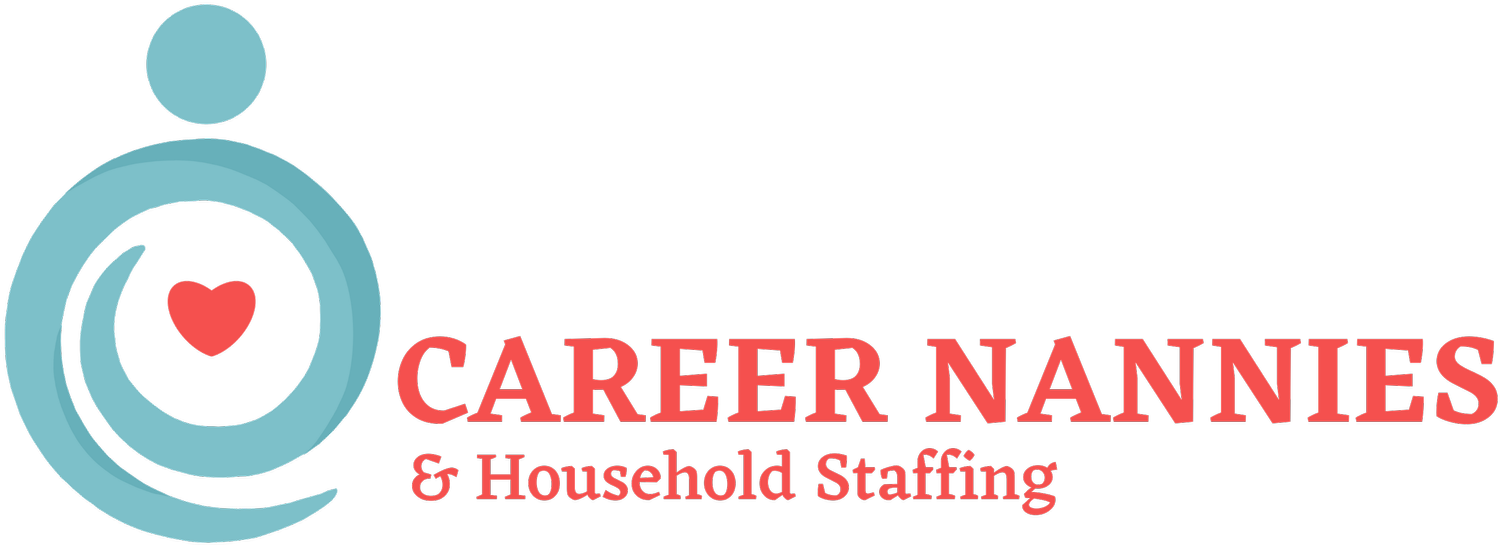Questions Families Should Ask During a Nanny Interview
Hiring a nanny is a significant decision for any family. Not only are you inviting someone into your home, but you're also trusting them with your child's wellbeing, development, and happiness. Establishing a strong nanny relationship starts with a thoughtful interview process. The right nanny interview questions will reveal more than basic caregiving skills; they’ll help you uncover a candidate’s communication style, approach to family support, and level of experience.
If you’re preparing to hire an experienced nanny or caregiver, use this guide to streamline your interview and ensure you find the best fit for your family childcare needs.
Why the Interview Matters in Building a Positive Nanny Relationship
A successful nanny-family relationship hinges on open caregiver communication and shared expectations. The interview isn’t just about ticking boxes for skills and qualifications; it’s your chance to gauge how the nanny will fit with your family’s dynamic, values, and daily routines.
Essential Nanny Interview Questions to Ask
Below are key questions every parent should ask to ensure a strong start. These will help you assess experience, compatibility, and their approach to family support.
1. "Can you tell us about your previous nanny or childcare experience?"
Understanding a candidate’s background helps you determine if their experience aligns with your family’s needs. Look for experienced nannies who have worked with children of similar ages and in similar home environments.
Follow-up: What did you enjoy most about these roles? What challenges did you face?
2. "How do you handle communication with parents?"
Open caregiver communication is essential for avoiding misunderstandings and ensuring consistency in care. Ask candidates how they provide daily updates, share concerns, or address emergencies.
Follow-up: Are you comfortable using shared apps or journals? How would you address disagreements?
3. "What activities do you like to do with children?"
This question helps assess whether the nanny’s interests and childcare approach match your own. Creative, educational, and age-appropriate activities are signs of proactive, engaging caregivers.
Follow-up: How do you adapt activities for different age groups or energy levels?
4. "How do you approach discipline and setting boundaries?"
Disciplinary style can make or break a nanny relationship. Clarify your household’s boundaries and gauge whether the nanny’s philosophy aligns with yours.
Follow-up: How have you handled tantrums or behavioral challenges in the past?
5. "How do you handle sick days or emergencies?"
Every family needs reliable support when unexpected situations arise. Understanding how a candidate communicates and manages illness or emergencies ensures you’re on the same page.
Follow-up: What steps would you take if a child became ill while in your care?
6. "What kind of family support do you offer beyond childcare?"
Many experienced nannies provide extra support such as light housekeeping, meal prep, or assisting with homework. Clarifying these expectations early can improve the long-term family childcare relationship.
Follow-up: What additional tasks have you handled for families?
7. "What are your favorite and least favorite aspects of being a nanny?"
This open-ended question encourages honest insight, revealing a nanny’s motivations and expectations.
Follow-up: What makes a job especially rewarding or challenging for you?
8. "Do you have any questions for us?"
A great nanny shows interest in your family by asking questions, whether about routines, values, or your children’s preferences. This shows initiative and caring.
Tips for a Successful Nanny Interview
Be transparent: Share your expectations for schedules, rules, and responsibilities upfront.
Observe interactions: If possible, introduce the candidate to your child during the interview to observe their natural chemistry.
Ask for specifics: Request examples rather than yes/no answers for deeper insight.
Check references: Always contact previous employers for their perspective on the nanny’s reliability, communication, and caregiving approach.
Final Thoughts
Hiring a nanny is about more than checking qualifications; it’s about building a nanny relationship rooted in trust, mutual respect, and open caregiver communication. By asking thoughtful interview questions, you’re more likely to find an experienced nanny who not only meets your practical needs but also aligns with your family’s values and rhythms.
Start your family childcare search with these questions to set the foundation for lasting support and peace of mind.
